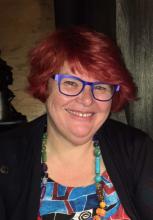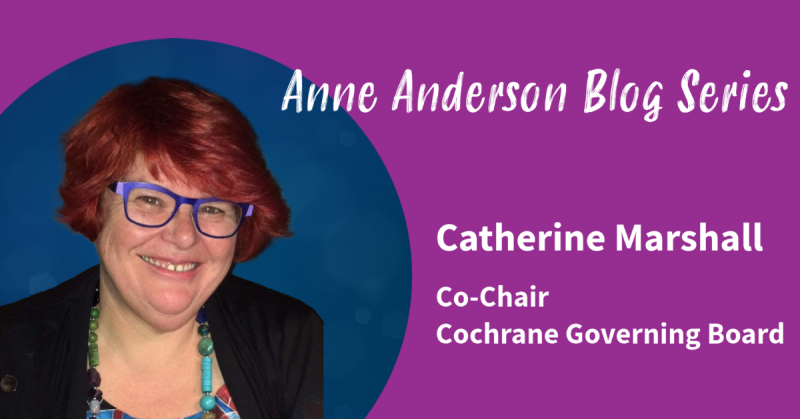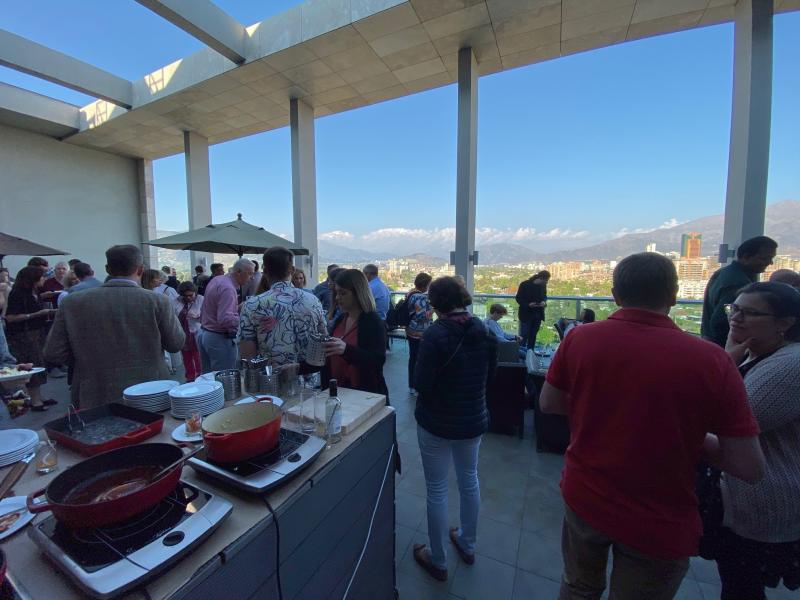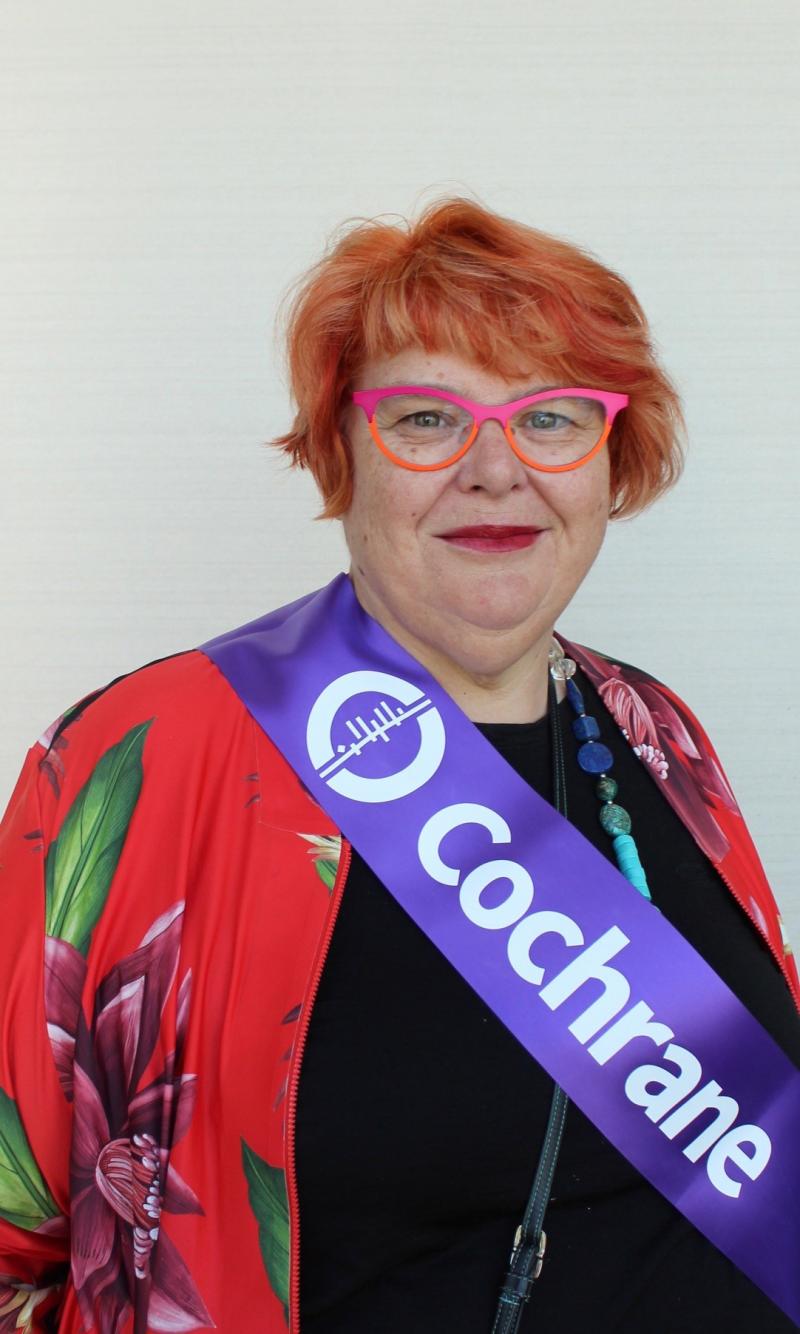
The Annual Anne Anderson Walk is a cherished annual social event in Cochrane, where attendees explore the Colloquium host-city by foot with a guide. Donations by participants are made to next year's Anne Anderson Award. Given current COVID-19 circumstances, the Cochrane community will be not be gathering for the Colloquium in 2021. However, we are holding a Virtual Anne Anderson Walk this year...join us as we share our walks from all over the world!
To accompany this Virtual Anne Anderson Walk, each week we will share blogs from women across Cochrane. Over the coming weeks, we will highlight Cochrane womens' accomplishments, honor their experience, and learn from them, while celebrating the breadth and depth of experience they bring to our global community.

I am an appointed member of the Cochrane Board and I joined the Board as a Trustee in 2016 - so I haven’t had a “Cochrane Career”. For the last twenty years I have been working in other parts of evidence-based healthcare - mostly on guidelines and policy making. I started out as a policy maker in the NZ Ministry of Health and then in 2000, I was appointed as the CEO of the New Zealand Guidelines Group (NZGG). I was in that role, producing evidence-based guidelines (often drawing on Cochrane reviews) until 2006. During my time with NZGG, I was involved in establishing the Guidelines International Network and I served on that Board as a Trustee for 9 years. Since 2006, I have been a self-employed consultant, based in New Zealand. I have worked on international guideline projects, provided training courses and also undertaken reviews and evaluations. My clients are government funded agencies or NGOs.
One of my favourite memories from Cochrane is the time we spent in Santiago before the planned Colloquium. It was a very uncertain time because of the disturbances in the centre of town and many of our Cochrane colleagues got caught up in the events. Everyone looked out for each other. It was quite distressing, but at the end of each day we would all meet together up on the outdoor balcony, overlooking the Andes. We shared what ever food the kitchen could pull together for a meal, and everyone talked and talked and talked until the curfew came down. It was really intense.

One of the things Muriah Umoquit talked people into doing was posing with the Cochrane sash. She then produced a very cool billboard with everyone wearing it. Here is the photo of me proudly wearing the sash.

Ironically, I think COVID-19 has brought about a much stronger interest amongst the general population in health and science and also introduced more general conversations about risks and benefits; efficacy and effectiveness across all populations, and women are at the front of this work. For example, our NZ Prime Minister, Jacinda Ardern, often talks about the importance of making evidence-based decisions. Her Chief Science Advisor, Prof Juliet Gerrard runs an office mostly dominated by women. One of the science communicators interviewed here in NZ about COVID-19, is a woman called Siouxie Wiles. Not only does Siouxie have great coloured hair, she has helped us all understand about “flattening the curve” of infection using a whole range of media (a video, graphics, plain language etc) to simply explain complex scientific concepts.
I think the time is right for women to find new ways to share their interest in science to the widest audiences and to use the relatively inexpensive digital media platforms to share our evidence - and make it attractive and applicable to real people’s lives. I think this presents an exciting challenge for Cochrane in the coming years.

